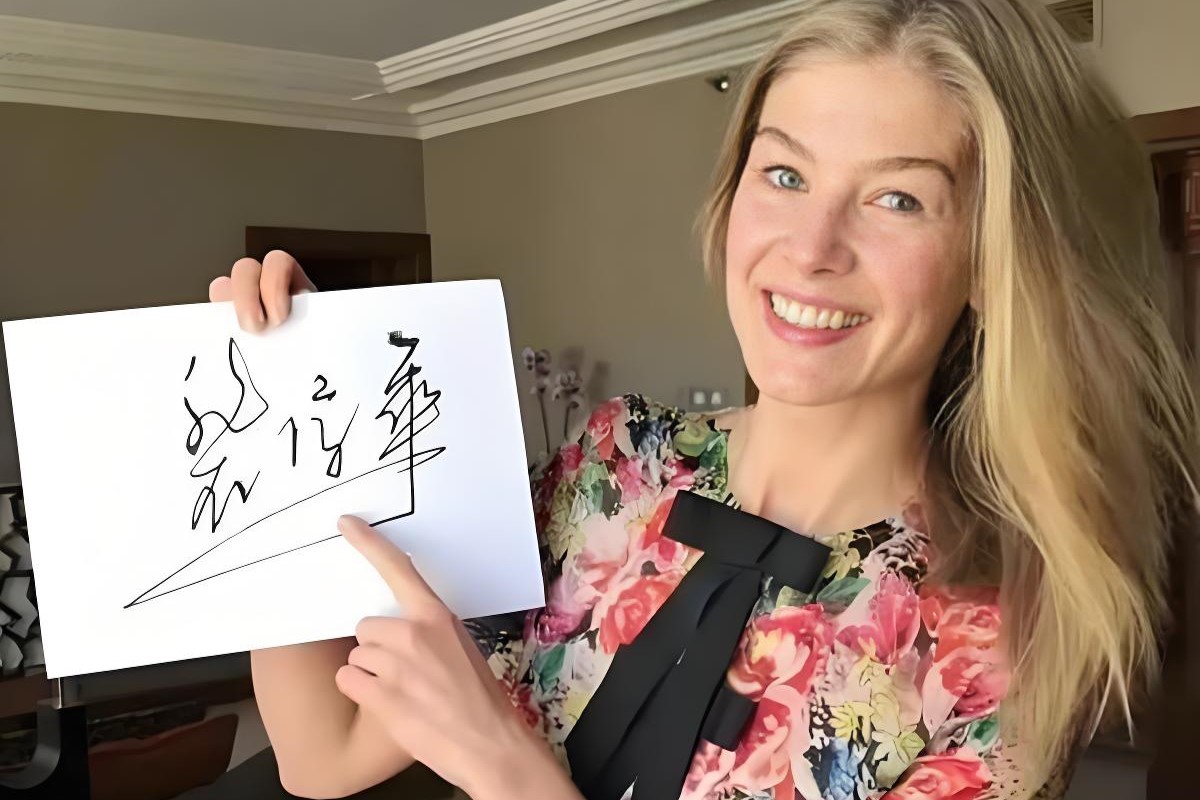The Art of Naming: Phonetic Precision and Cultural Depth in Chinese Names for Global Figures

Phonetic Priority for Surnames & Semantic Adaptation: The Case of "Lu Kewen"
Phonetic Accuracy in Surnames
Former Australian Prime Minister Kevin Rudd’s Chinese name “陆克文” (Lu Kewen) uses “陆” (Lu) to phonetically mirror “Rudd,” blending seamlessly into Chinese surname traditions. Similarly, former U.S. Ambassador Jon Huntsman adopted “洪博培” (Hong Bopei), where “洪” (Hong) aligns with “Hun” in Huntsman
Philosophical Nuance in Given Names
“克文” (Kewen) combines phonetic adaptation (“克” for “Ke”) with semantic depth: “克” (overcoming challenges) draws from the I Ching, while “文” (culture) reflects Rudd’s expertise in Chinese studies
Cultural Symbolism in Hanzi: The Multilayered Meaning of "Pei Chunhua"
Surname as Cultural Bridge
British actress Rosamund Pike’s name “裴淳华” (Pei Chunhua) uses “裴” (Pei) to phonetically match “Pike,” while evoking historical Chinese surnames
Natural Imagery and Identity
“淳” (Chun, meaning “pure”) reflects her love for nature, and “华” (Hua, “splendor”) ties to both Chinese culture and the floral symbolism of “Rosamund” (rose)
Naming Strategies in Politics and Business: Power, Vision, and Localization
Diplomatic Branding
Canadian Deputy Prime Minister Chrystia Freeland’s name “方慧兰” (Fang Huilan) phonetically adapts “Freeland” to “方” (Fang), while “慧兰” (wise orchid) appeals to Chinese communities
Electoral Symbolism
U.S. Vice President Kamala Harris’s name “贺锦丽” (He Jinli, “celebratory splendor”) was crafted to resonate with San Francisco’s Chinese voters
Guidelines for Foreign Users
Prioritize Surname Phonetics, Enrich with Meaning
Surname Precision: E.g., “陆” (Lu) for Rudd, “裴” (Pei) for Pike
Cultural Alignment: Use “文” (culture) for scholars, “鸿” (grandeur) for entrepreneurs
Avoid Cultural Pitfalls
Steer clear of unintended puns (e.g., “夏虎仁” sounds like “唬人,” meaning “deceive”)
Reference historical figures cautiously (e.g., avoid “Sun Wukong” for non-mythological contexts)